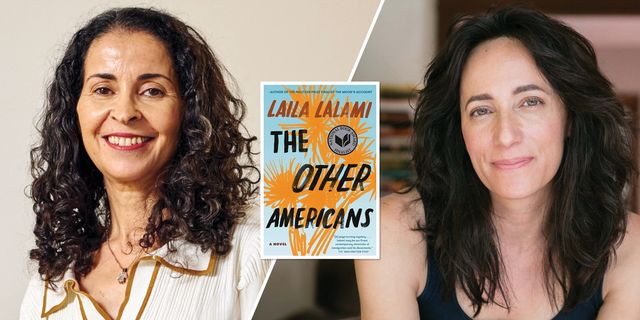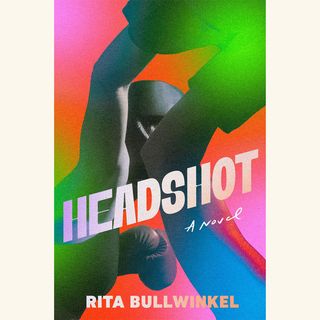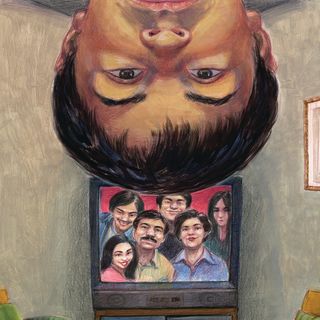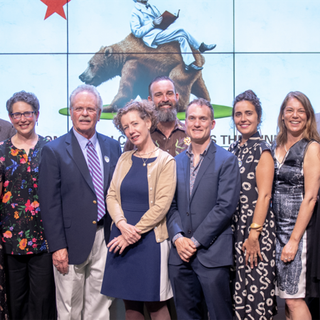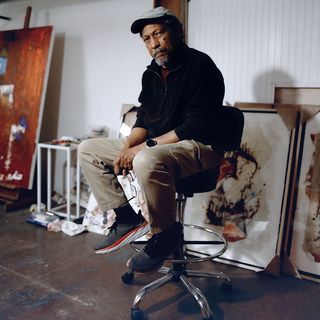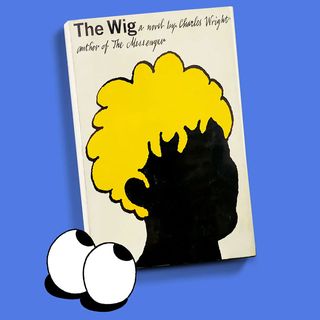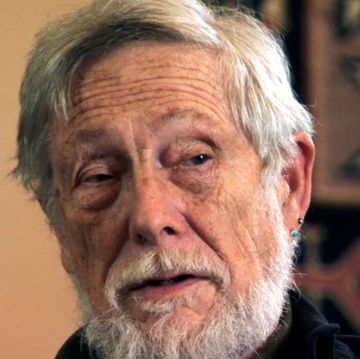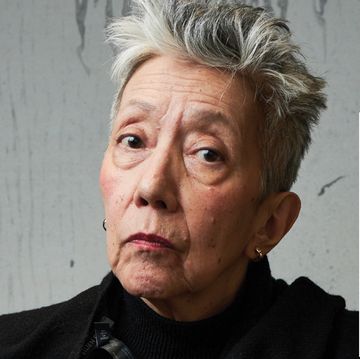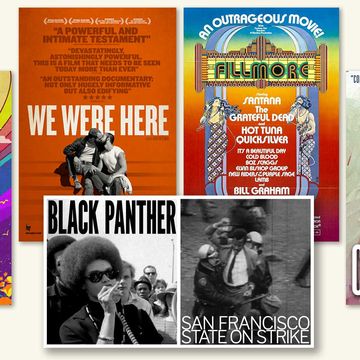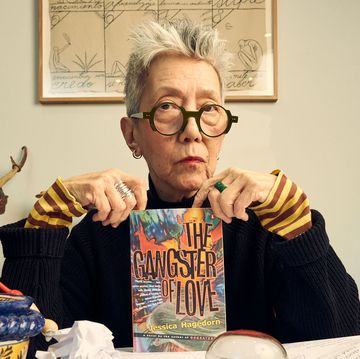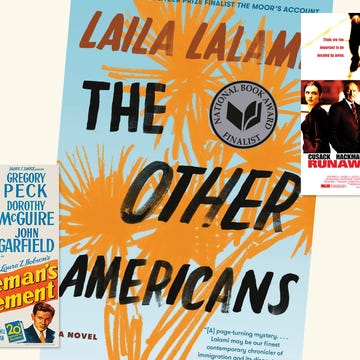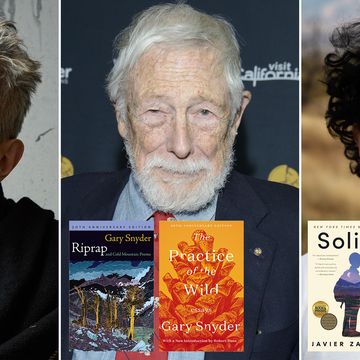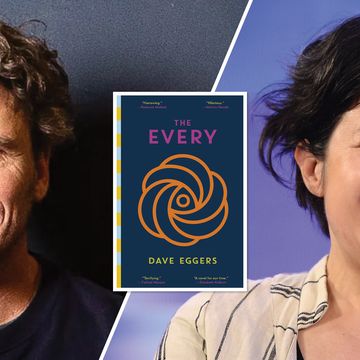We’re delighted to welcome Danzy Senna, author of five critically acclaimed books and another novel, Colored Television, on the way this summer, as our special guest for a conversation about the March California Book Club selection, The Other Americans, with its author, Laila Lalami, and Alta Journal books editor and guest host David L. Ulin.
Senna’s books move back and forth among California, New York, and Massachusetts. Her involving, honest, and characteristically unsentimental memoir, Where Did You Sleep Last Night?, came out in 2009, after two of her novels. Like many authors’ memoirs, it seems to give clues to recurring elements within her fiction, torqued and scrambled and pulled off their hinges—it’s work that is frequently startling, sometimes sliding into bleak comedy, eschewing mushiness, and always elegantly precise. Senna’s memoir looks at race in America by unfolding the story of her own parents’ troubled mixed-race marriage; the secrets in the undocumented past of her father, Black author and editor Carl Senna, involving his own father, a Mexican boxer whom he never knew, contrast with the meticulously documented past of her mother, poet Fanny Howe, descended from Boston Brahmins, whose lineage dated to the Mayflower.
Caucasia, Senna’s superb debut novel, was published in early 1998, just two years after voters approved a highly controversial proposition to ban affirmative action on California public-university campuses—student protesters at UC Berkeley and UC Riverside called for schools to resist the guidelines. It immediately became one of my favorite contemporary novels. The book is set in ’70s Boston, during the earlier, well-known social and political tumult of the civil rights movement, among activists and intellectuals, and features biracial sisters, born to a Black father and a white mother involved in that movement, who find themselves aligned with different parents along color lines, though as one sister puts it, “before I ever saw myself, I saw my sister. When I was still too small for mirrors, I saw her as the reflection that proved my own existence. Back then, I was content to see only Cole, three years older than me, and imagine that her face—cinnamon-skinned, curly-haired, serious—was my own.” While the sisters’ parents’ union had a sense of symbolic triumph, their childhood is marked by violence, and they follow different paths. As The Other Americans does, this novel employs an epiphanic structure and the techniques of realism, offering readers not only a good story but a canny portrait of a specific historical time as well as the people who populated it.
Subsequent novels by Senna play with some of the same elements—biracial girls and women, doubling, racial performance—but they grow increasingly provocative and edgily funny over a period of years, elucidating some differences in contemporary East Coast and West Coast culture. Lesser known but immediately fascinating to me in 2004, when it came out, for its Highsmithian qualities, and unexpectedly haunting me ever since, Senna’s Symptomatic operates as a tense, disturbing psychological novel of obsession. It may have its origins in some of the same compelling material to be found in Caucasia, but it turns elements from that book upside down and wilds them—in its pages are references to “new people,” mixed people, as opposed to people categorized by old strictures, and the term becomes the title of a later Senna novel that pushes boundaries further. In Symptomatic, a young, reserved biracial woman with ambiguous coloring moves from California to New York City for a magazine-writing fellowship and becomes acquainted with a fact-checker at the job, an older woman with similar, hard-to-racially-locate skin color who is eager to befriend her.
New People, Senna’s most recently published novel, which is thrillingly unsettling, goes several steps further as a razor-sharp, subversive, and original novel about a light-skinned Black woman with issues, and when I politely call them issues, I’m understating—the protagonist is obsessed with her fiancé’s poet friend, and that isn’t the only hidden betrayal in their history. Set in the ’90s, the book follows as she and her fiancé come out of the campus politics of a slightly earlier era; they are the “new people” of the title, and you can feel in this book a kinship to Fran Ross’s classic satire Oreo.
Senna’s forthcoming novel, which I read in galley form, is the sharply funny, satiric Colored Television. The plot revolves around Jane, a biracial novelist who’s been working on a historical opus for 10 years, only to have her editor, to her shock, reject it. She and her husband and two children move into her old friend’s house while he’s away—the friend, a television writer, is also biracial. While the plot of Colored Television has more straightforwardness than Symptomatic or New People, it carries forward Senna’s strong sense of doubling, her interest in racial performance, in taking on identities and adopting lives that don’t belong to you, and intriguingly, her interest in doubleness ripples out from the protagonist to other characters. While Senna’s books bounce between the East Coast and California, this one is her most Los Angeles–oriented work yet—we can’t wait to see it in the world.
As you gear up for Thursday’s conversation, consider picking up another of Lalami’s striking books (you can read about them in this essay by author and critic Ilana Masad) and one of Senna’s, too.•
Join us on March 21 at 5 p.m. Pacific time, when Lalami will appear in conversation with Senna and Alta Journal books editor and guest California Book Club host David L. Ulin to discuss The Other Americans. Register for the Zoom conversation here.
ROAD TRIP AS ARTIFACT
Author Claire Vaye Watkins (I Love You but I’ve Chosen Darkness) writes a distinctive and memorable meditation on the Morongo Basin, where she’s lived off and on for the past four years. —Alta
SWEET SIGN
CBC editor Anita Felicelli profiles Bay Area author Rita Bullwinkel, author of the “soulful and virtuosic” novel Headshot, which features the eight best girl boxers gathering in a Daughters of America Cup tournament in Reno. —Alta
IMPROMPTU REUNION
Read author Dagoberto Gilb’s short story “Prima.” —Alta
2023 GOLDEN STATE BOOKS
The Commonwealth Club announced the finalists for the California Book Awards. These include Dave Eggers and Shawn Harris’s The Eyes and the Impossible, Shanthi Sekaran’s Boomi’s Boombox, and Justin Torres’s Blackouts. —Commonwealth Club
LANGUAGE AS TARGET
Author Maya Binyam profiles prior CBC author Percival Everett, whose latest novel, James, reimagines Adventures of Huckleberry Finn and is out March 19. —New Yorker
CONTEMPORARY HUMOR
Several California authors were named to a list of “22 of the Funniest Novels Since ‘Catch-22.’” These include prior CBC authors Paul Beatty and Percival Everett, as well as Armistead Maupin, Bret Easton Ellis, Tony Tulathimutte, and Ottessa Moshfegh. —New York Times
Alta’s California Book Club email newsletter is published weekly. Sign up for free and you also will receive four custom-designed bookplates.
Anita Felicelli, Alta Journal’s California Book Club editor, is the author of the novel Chimerica and Love Songs for a Lost Continent, a short story collection.
